Last Updated on May 31, 2022 by Rupesh Patil
Microwave ovens, after refrigerators, are the most commonly used home appliance. Since it is used so often to heat food, some microwave problems are sure to arise after a few years of using it. One of the first few signs of a microwave problem is when the device starts to make strange noises.
Has your microwave been making strange noises lately and you don’t know what to do? Here’s how you can fix a noisy microwave.
Microwave Turntable Problem
If you think the turntable is the main reason for the noise, check if it is properly placed in the microwave. If not, remove it and place it again firmly. If this doesn’t help, you may need to replace the turntable or the turntable rollers by getting it checked by an expert.
Subscribe to Onsitego
Get the latest technology news, reviews, and opinions on tech products right into your inboxThis issue usually arises when the microwave is constantly used or if the turntable is too old or worn out.
In fact, if the turntable is not rotating, this could cause uneven heating of the food which can leave the food spoiled. So how do you know if it has malfunctioned? If the turntable does not rotate, it clearly means that it is not properly placed in the microwave or needs to be replaced.
Motor Fan Malfunction
This is again a common reason for a noisy microwave and may occur when the motor fan in the microwave oven has malfunctioned.
Motor fan helps circulate the air through the exhaust system. To check if the fan motor is properly functioning, first unplug the microwave and look for the fan motor behind the microwave.
Remove the fan motor cover and try rotating the fan blades manually using an object. If it still does not rotate, it simply means that the motor fan is defective and will need to be replaced. Also, if it rotates and continuously stops, it’s time to replace the motor fan.
Microwave Magnetron Noise
A microwave making noise is also an indication that there is a problem with the microwave magnetron.
Magnetron is part of the high voltage circuit and provides the micro waves that generate heat.
If the magnetron is defective, it may cause a loud buzzing noise, which indicates that the magnetron is nearing the end of its life or might be defective.
Did you know that when the microwave’s mode is on and there is no food in the oven, the micro waves are absorbed by the walls and magnetron inside the oven. This can leave the microwave damaged in the long run if ignored.
Cracking Noise
Unusual loud noises in the microwave is not only because a certain component is defective but it could also be because of the food item that you are cooking in the microwave oven.
Dense foods like all kind of meats can cause more noise. Do not leave it open while heating it.
Try covering the food items and this should help reduce the noise. Also, ensure that the microwave and the turntable is always clean, as food spills can also cause cracking noises.
Lastly, avoid using metals or non-microwave safe utensils in the microwave, as that leads to cracking sounds too.
Get An Extended Warranty
Issues with an appliance can range from small to major. Be it a light bulb issue to a turntable not rotating or a worn out magnetron. Ignoring these signs will only put you in more trouble and can turn out to be a costly affair.
A manufacturer’s warranty will cover your oven for a year in most cases. But, beyond that you will need to pay for repairs.
This is why we recommend you protect your microwave with the Onsitego Extended Warranty plan. An extended warranty will take care of all the defects and malfunctions that are covered in a standard manufacturer’s warranty.
Plus, when your appliance needs repair, it will be repaired at your home by an authorised expert. Any part replacement required will only be done using genuine spare parts, to ensure the long life of your microwave. Click here to know more about the Onsitego Extended Warranty plan.
(Illustrations by Mohd. Danish)

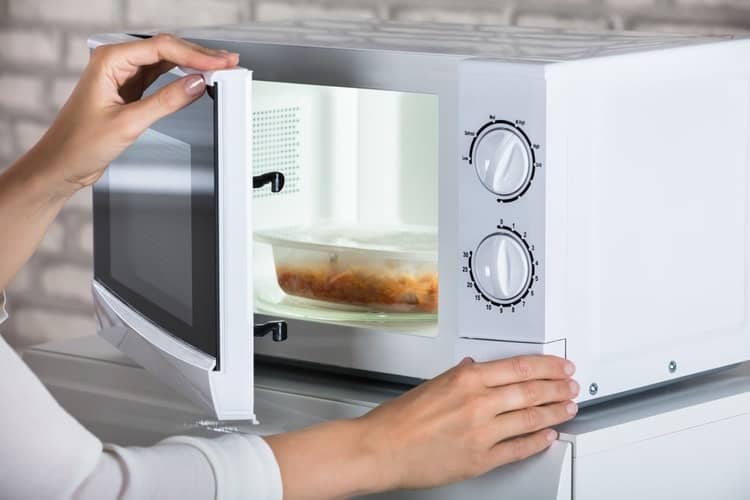
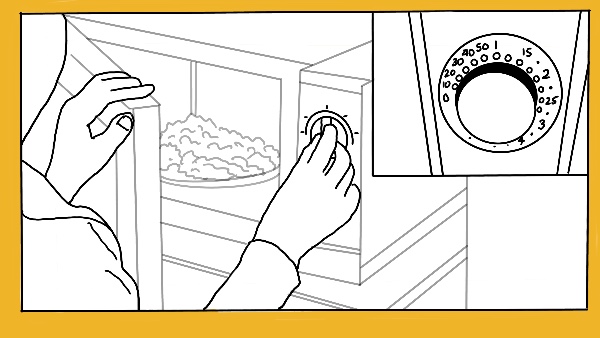
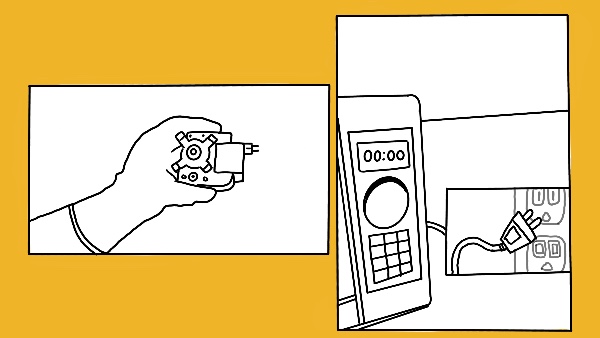
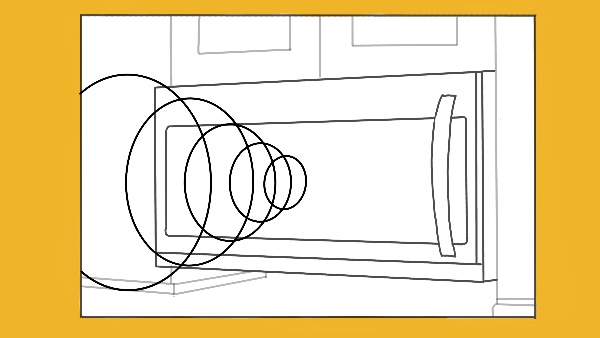
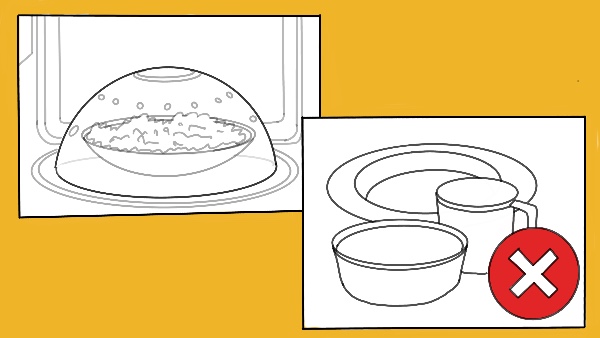

Discussion about this post